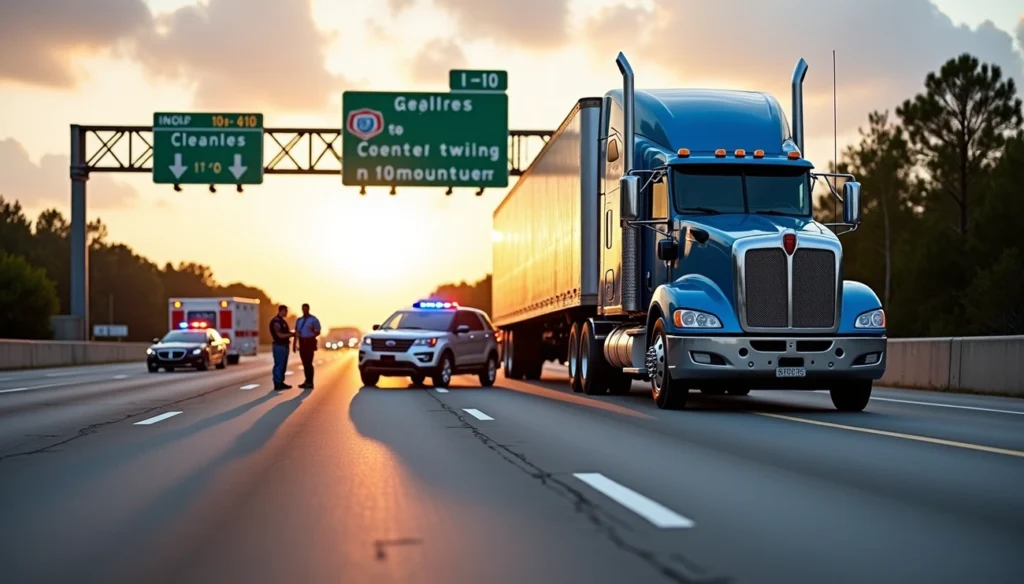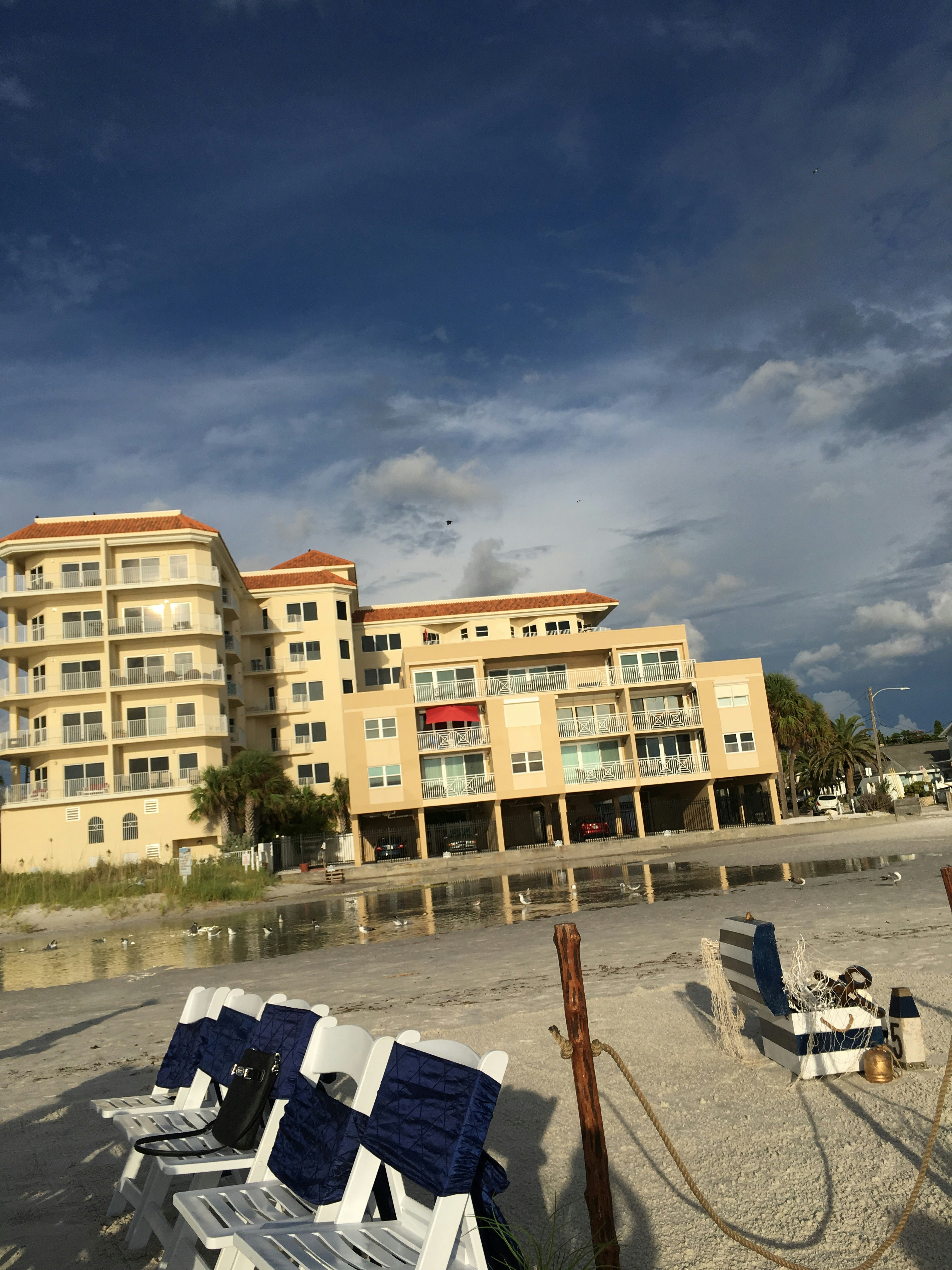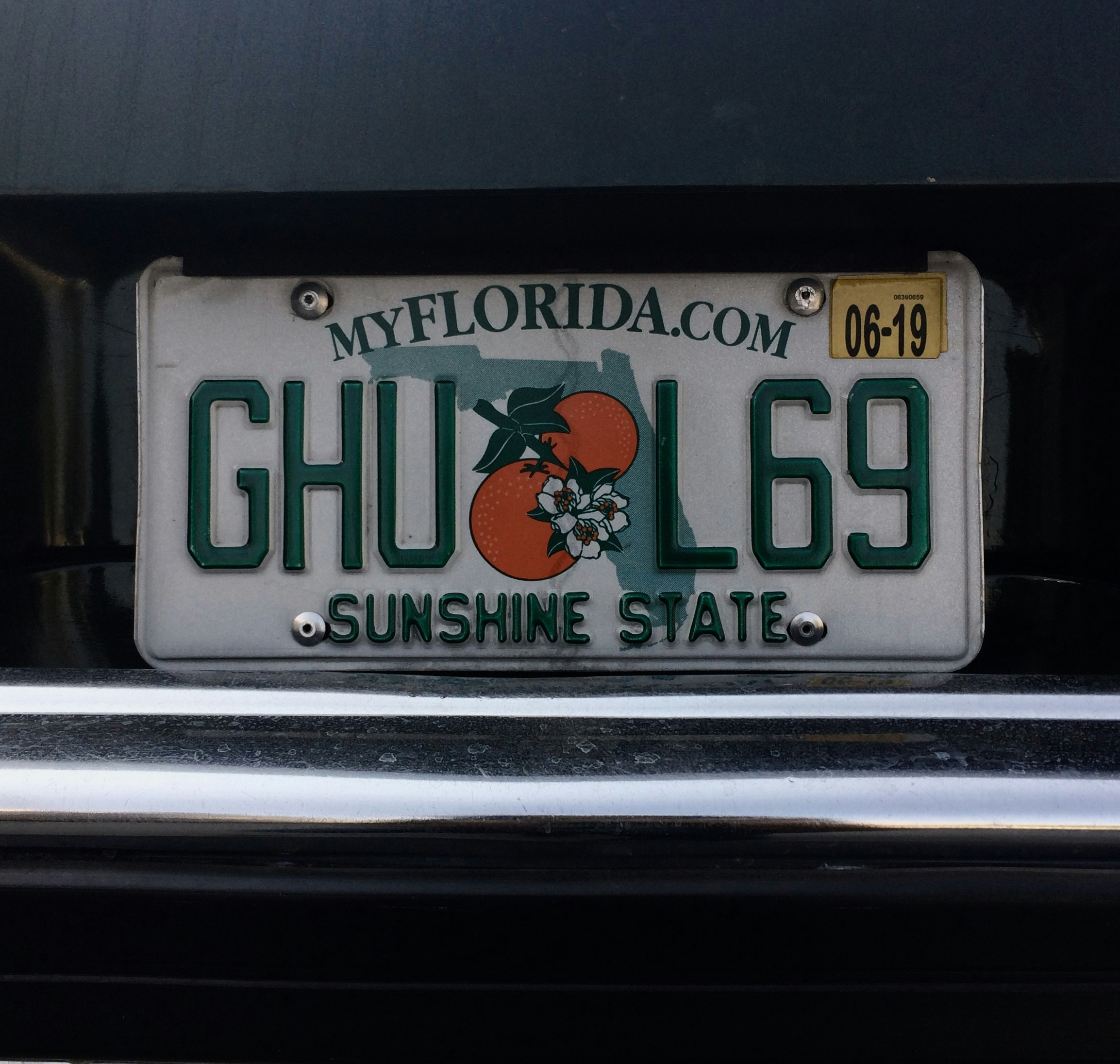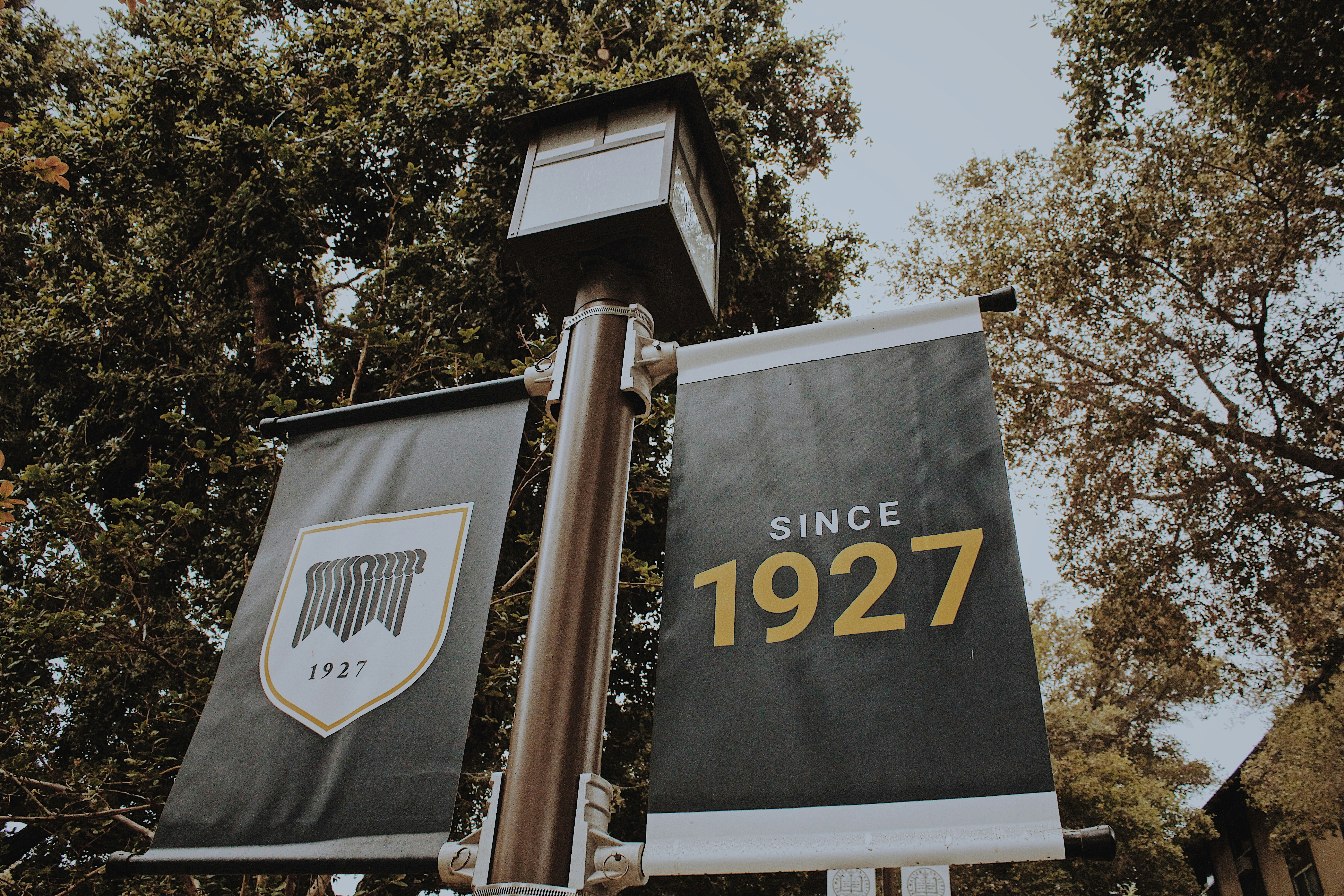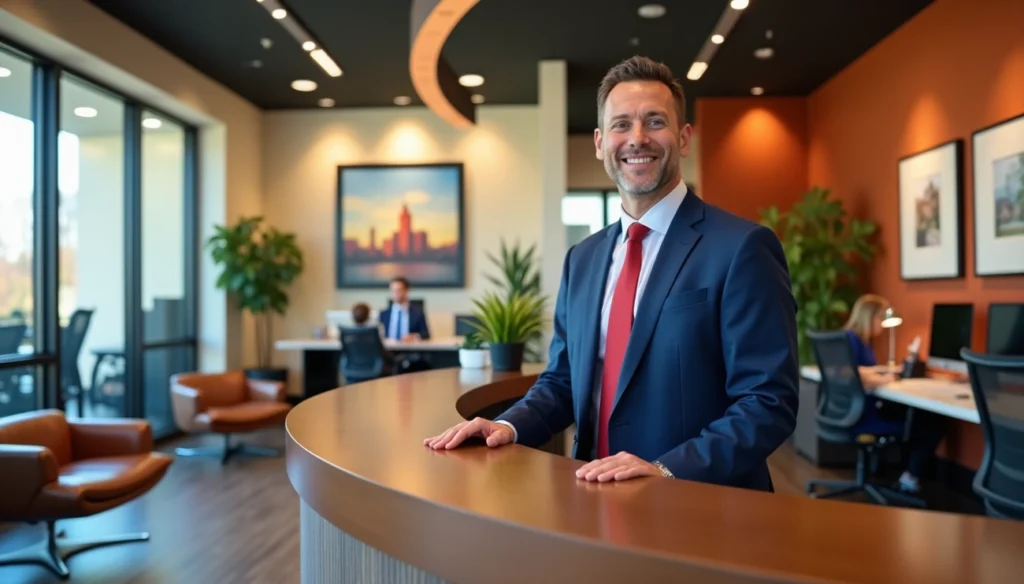As a Baton Rouge 18 wheeler accident attorney who has helped secure $3 Billion in verdicts and settlements, including over 200 million-dollar personal injury cases, I understand the devastation these crashes cause . Unfortunately, truck accidents happen frequently on Louisiana’s major transportation routes, with I-10, I-20, and US Highway 90 being notorious hotspots for 18-wheeler collisions .
Time is critical after a truck accident. Until recently, Louisiana law gave victims just one year to file personal injury claims . However, starting July 1, 2024, this statute of limitations extends to two years for new cases . Even with this extension, evidence disappears quickly and memories fade, making prompt action essential .
In this guide, I’ll walk you through exactly what to do if you’ve been hurt in an 18-wheeler crash in Baton Rouge. From immediate post-accident steps to dealing with insurance adjusters and understanding your compensation rights, you’ll learn how to protect yourself during this challenging time.
What to Do Right After an 18 Wheeler Crash
The moments following an 18-wheeler crash are critical. Your actions in these first minutes and hours can significantly impact both your health and any future legal claims. With the sheer size of commercial trucks—often weighing up to 80,000 pounds—these accidents typically cause more severe damage than regular car collisions [1]. Here’s what you need to do immediately after being involved in a truck accident.
Ensure your safety and call 911
Safety comes first after any truck collision. If your vehicle is drivable and you’re physically able, carefully move to a safer location away from traffic [2]. Next, turn on your hazard lights to alert other drivers and prevent secondary crashes [3]. Then, call 911 immediately to report the accident and request emergency services [4]. While waiting for first responders, set up emergency reflectors or warning triangles if available [3]. Remember that stopping at the scene is legally required—leaving would be considered a criminal offense [3].
Get medical help even if injuries seem minor
Even if you feel fine, seek medical evaluation promptly. Many serious injuries from truck accidents don’t show immediate symptoms [4]. Conditions like internal bleeding, concussions, or soft tissue damage may take hours or days to become apparent [2]. Moreover, truck accident victims who get immediate medical attention typically make better physical recoveries and secure better financial compensation [4]. Your medical records will serve as crucial evidence, establishing when your injuries occurred and proving they resulted from the crash [4].
Collect driver and witness information
Once safety and medical concerns are addressed, gather essential information. Obtain the truck driver’s full name, contact details, license number, and insurance information [1]. Additionally, collect information about both the truck owner and the driver’s employer, as they may not be the same entity [4]. Finding witnesses is equally important—their unbiased accounts can significantly strengthen your case [5]. Ask for their names and contact information, and if possible, record their initial observations of what happened [5].
Take photos and videos of the scene
Documentation is vital for building a strong case. Use your phone to capture comprehensive photos of all vehicles involved from multiple angles, showing both the overall scene and specific damage [6]. Photograph skid marks, debris, traffic signals, and road conditions that might have contributed to the accident [3]. Also take pictures of any visible injuries before treatment begins [6]. These images can help accident reconstruction specialists determine exactly what happened, especially when accounts differ [7].
Avoid admitting fault or making statements
After a truck accident, be extremely careful about what you say. Never admit fault or apologize, even if you think you might be partially responsible [8]. Such statements can be used against you later [9]. When speaking with police, stick strictly to the facts you’re certain about—avoid offering theories or opinions about what caused the crash [3]. Furthermore, don’t discuss details with anyone except law enforcement and your attorney [3]. Even seemingly innocent statements can damage your case and affect your ability to recover compensation [9].
As your Baton Rouge truck accident lawyer, I recommend following these steps meticulously to protect both your health and legal rights after an 18-wheeler crash.
Why You Should Contact a Baton Rouge Truck Accident Lawyer Early
Time is not on your side after an 18-wheeler accident. Trucking companies immediately deploy legal teams to protect their interests [10]. First and foremost, understand that these companies prioritize protecting their profits over your well-being. Unlike a typical car accident, the aftermath of a truck collision involves multiple parties with conflicting interests.
They help preserve critical evidence
Critical evidence in truck accident cases can disappear remarkably fast. Skid marks fade within days, damaged road barriers get replaced quickly, and truck companies often rush to repair their vehicles [11]. Consequently, waiting too long means losing valuable evidence that could prove negligence.
As your Baton Rouge truck accident lawyer, I can immediately issue spoliation letters to trucking companies, formally demanding they preserve all relevant evidence [1]. Without these legal notices, companies might destroy or alter critical records that could support your claim.
What’s at stake? Electronic logs, black box data, driver hours-of-service records, maintenance documentation, and even dashcam footage [12]. These records often reveal violations of federal regulations that strengthen your case, but federal law allows trucking companies to discard certain records in as little as six months [13].
They handle communication with insurers
After a truck accident, you’ll face relentless pressure from insurance adjusters representing the trucking company. These professionals aren’t working for you—their goal is to minimize the company’s financial liability [14].
My firm handles all communications with these adjusters, protecting you from making statements that could harm your case [15]. Importantly, insurance companies typically respond with lowball settlement offers that don’t come close to covering your damages [16].
Without legal representation, you might unknowingly sign documents or provide recorded statements that severely limit your compensation. Instead of struggling with mounting paperwork from multiple parties, my team manages these communications while you focus on recovery [11].
They guide you through legal steps
Truck accident claims involve complex regulations and numerous legal requirements. For instance, I’ll carefully analyze potential violations of federal motor carrier safety regulations that may have contributed to your accident [17].
My investigation thoroughly examines all potentially liable parties—not just the driver, but possibly the trucking company, cargo loaders, or even vehicle manufacturers [18]. This comprehensive approach maximizes your potential compensation.
Throughout the process, I’ll guide you through critical legal steps, including:
- Filing necessary documentation within Louisiana’s statute of limitations
- Building a compelling case using accident reconstruction and expert testimony
- Calculating the full extent of your damages, including future needs [19]
The trucking company likely has claims personnel, investigators, or attorneys at the accident scene [10]. For this reason, contacting me immediately helps level the playing field. I’ll customize your strongest legal strategy while paying all upfront costs to pursue your case [15].
Remember, what you do in the immediate aftermath of a truck accident directly impacts your ability to recover fair compensation. Acting promptly to secure experienced legal representation protects both your health and financial future.
How to Handle Insurance Adjusters After the Crash
Insurance adjusters enter the picture shortly after your truck accident, and dealing with them effectively requires careful strategy. Remember this crucial fact: insurance adjusters work for the insurance company, not for you. Their primary goal is to pay as little as possible for your claim [3]. As your Baton Rouge 18 wheeler accident attorney, I’ve seen countless cases where proper handling of insurance communications made the difference between fair compensation and financial hardship.
Don’t sign anything without legal advice
Insurance companies often pressure victims into quick settlements or request signatures on various documents shortly after an accident. However, signing anything without attorney review can severely damage your case. Before signing any documents—particularly settlement agreements or releases—have your personal injury attorney thoroughly examine them [20].
An experienced Baton Rouge truck accident lawyer will carefully review every line to ensure it aligns with your best interests. Even documents that appear straightforward may contain language that:
- Limits your right to future compensation
- Releases other potentially liable parties
- Contains admissions that could harm your case
Once these documents are signed, your case is typically considered closed unless a judge specifically rules to reopen it [21]. Many initial settlement offers are significantly lower than what you may be entitled to receive [22]. Therefore, resist pressure for quick resolutions without proper legal guidance.
Limit what you say to essential facts
When communicating with insurance adjusters, less is more. Stick strictly to basic facts and avoid elaborating unnecessarily. Safe information to share includes:
- Your full name and contact information
- The date, time, and location of the accident
- Your employment details
- That you’re still receiving medical treatment [3]
Never admit any fault, even casually or when attempting to be polite. Seemingly innocent statements like “I’m sorry” or “I should have seen the truck coming” can be interpreted as admissions of liability [3]. Similarly, avoid detailed discussions about your injuries, as you might discover new issues later or find existing conditions are worse than initially thought.
Preparation is essential before speaking with adjusters. I advise my clients to decline recorded statements, which are never required to file a claim [3]. Instead, politely request that questions be sent in writing. If you must communicate directly, document every conversation thoroughly, noting dates, times, and topics discussed [23].
Avoid discussing the case on social media
Social media activity can significantly impact your truck accident claim. Insurance companies regularly monitor claimants’ social media accounts for evidence that might contradict their injury claims [3]. Even with strict privacy settings, adjusters and opposing attorneys can find ways to access your content—sometimes through mutual connections or by subpoenaing your social media records [24].
Accordingly, consider temporarily deactivating your accounts while your claim is active. If that’s not feasible, avoid posting anything related to:
- The truck accident itself
- Your injuries or recovery progress
- Your pending legal claim
- Social outings or activities
- Significant purchases [25]
Even private messages aren’t immune—these communications can also be subpoenaed during legal proceedings [24]. Furthermore, ask friends and family to avoid “tagging” you in their posts, as insurance companies might monitor your connections’ accounts as well [25].
Remember that what may seem like an innocent post seeking emotional support after a traumatic event could ultimately undermine your ability to recover fair compensation.
What If You Were Too Injured to Gather Evidence?
Severe injuries from 18-wheeler crashes often prevent victims from gathering crucial evidence at the scene. Despite this challenge, you can still build a strong case with professional help. As a Baton Rouge 18 wheeler accident attorney, I’ve successfully represented many clients who were too injured to collect evidence themselves.
Medical records can support your claim
Medical documentation serves as powerful evidence in truck accident cases. Your medical records establish a direct link between the crash and your injuries [26]. They provide a factual, third-party account of your condition, documenting both the nature and severity of your injuries [26]. These records detail your treatment timeline, rehabilitation progress, and long-term prognosis [26]. Furthermore, medical documentation helps quantify your damages by showing emergency room bills, surgical expenses, therapy costs, and medication needs [26]. Without immediate treatment, insurance companies might argue your injuries were unrelated or exaggerated [27].
Your lawyer can collect police reports and footage
After taking your case, I immediately begin preserving and collecting crucial evidence. The police report provides an objective account of the accident, including date, time, location details, vehicle descriptions, witness statements, and any citations issued [28]. Given that surveillance footage from traffic cameras, businesses, or dashcams can be automatically deleted after a short period, I act quickly to secure these visual records [28]. Additionally, I can obtain the truck’s black box data, which records speed, braking patterns, and other critical information about the driver’s actions before the crash [29].
Witnesses and experts can help reconstruct the scene
Eyewitness testimony often proves decisive in truck accident cases, particularly when liability is disputed [4]. Witnesses provide unbiased perspectives that reinforce physical evidence and add credibility to your claim [4]. When witnesses aren’t available, I work with specialized experts to strengthen your case. Accident reconstruction specialists analyze skid marks, vehicle damage, and debris patterns to determine exactly how the crash occurred [30]. They use computer simulations and scientific principles to recreate the sequence of events [30]. Medical experts can also testify about your injuries, establishing their connection to the accident and assessing your future needs [31]. This comprehensive approach builds a compelling case, even without your personal evidence collection.
What Compensation Can You Claim After a Truck Accident?
The financial impact of a truck accident extends far beyond immediate costs. Truck collision victims often face mounting expenses while dealing with physical recovery. Having represented numerous clients in these challenging situations, I’ve found that understanding potential compensation is crucial for victims seeking justice.
Medical expenses and future care
Truck accidents typically result in severe injuries requiring extensive treatment. You can claim compensation for all medical expenses, including emergency room visits, surgeries, hospital stays, medications, and physical therapy [32]. These costs often reach significant amounts due to the catastrophic nature of 18-wheeler crashes. Furthermore, you’re entitled to compensation for future medical needs—ongoing treatments, rehabilitation, assistive devices, and necessary home modifications [33].
Lost wages and reduced earning capacity
If your injuries prevent you from working, you deserve compensation for missed paychecks. This includes not only the income lost during recovery but also reduced earning capacity if you cannot return to your previous position [34]. For instance, if you previously worked as a surgeon but suffered nerve damage that prevents you from operating, you may recover compensation for the difference between your surgical income and your new, lower-paying position [5].
Pain, suffering, and emotional distress
Non-economic damages address the intangible yet profound impacts of your accident. This category encompasses physical pain, emotional suffering, mental anguish, and diminished quality of life [35]. Evidence supporting these claims may include medical records, photographs of injuries, personal journals documenting recovery, and testimony from friends, family, and healthcare providers [36].
Vehicle and property damage
Beyond physical injuries, truck accidents typically cause substantial property damage. You can seek compensation for vehicle repairs or replacement [5]. This extends to personal belongings damaged during the crash, such as electronics or other valuable items [5].
Wrongful death and funeral costs
Tragically, many truck accidents result in fatalities. In these cases, surviving family members may file wrongful death claims seeking compensation for funeral expenses, burial costs, and lost financial support [37]. Additionally, they can pursue damages for loss of companionship, parental guidance for children, and the pain and suffering experienced by family members [37]. In cases involving gross negligence, punitive damages may be awarded—sometimes reaching substantial amounts like USD 10 million [37].
Conclusion
Truck accidents devastate lives in ways regular car crashes simply cannot. After helping countless Baton Rouge victims secure billions in compensation, I’ve witnessed firsthand how proper actions after an 18-wheeler crash directly impact recovery—both physical and financial.
Time works against you following these catastrophic events. Evidence disappears quickly, memories fade, and trucking companies mobilize their defense teams immediately. Therefore, your swift response matters tremendously. Call 911, seek medical care, document everything possible, and avoid discussing fault with anyone at the scene.
Trucking companies care about their bottom line, not your wellbeing. Their insurance adjusters will contact you quickly, hoping you’ll accept minimal compensation before understanding your full damages. Remember this fundamental truth: never sign anything without legal review, limit conversations to basic facts, and stay off social media until your case resolves.
Even victims too injured to gather evidence can build strong cases. Medical records, police reports, witness statements, and expert testimony often provide compelling support for your claim. Through these resources, we can establish liability and fight for your rightful compensation.
The financial impact of truck accidents extends far beyond initial hospital bills. You deserve compensation for all medical expenses, lost income, diminished earning capacity, pain and suffering, property damage, and other losses resulting from the crash.
Undoubtedly, navigating the aftermath of an 18-wheeler accident feels overwhelming. Still, you don’t have to face this challenge alone. My team stands ready to protect your rights while you focus on what matters most—your recovery. Though no amount of compensation can erase your trauma, proper legal representation ensures you receive the resources needed to rebuild your life after these life-altering events.
